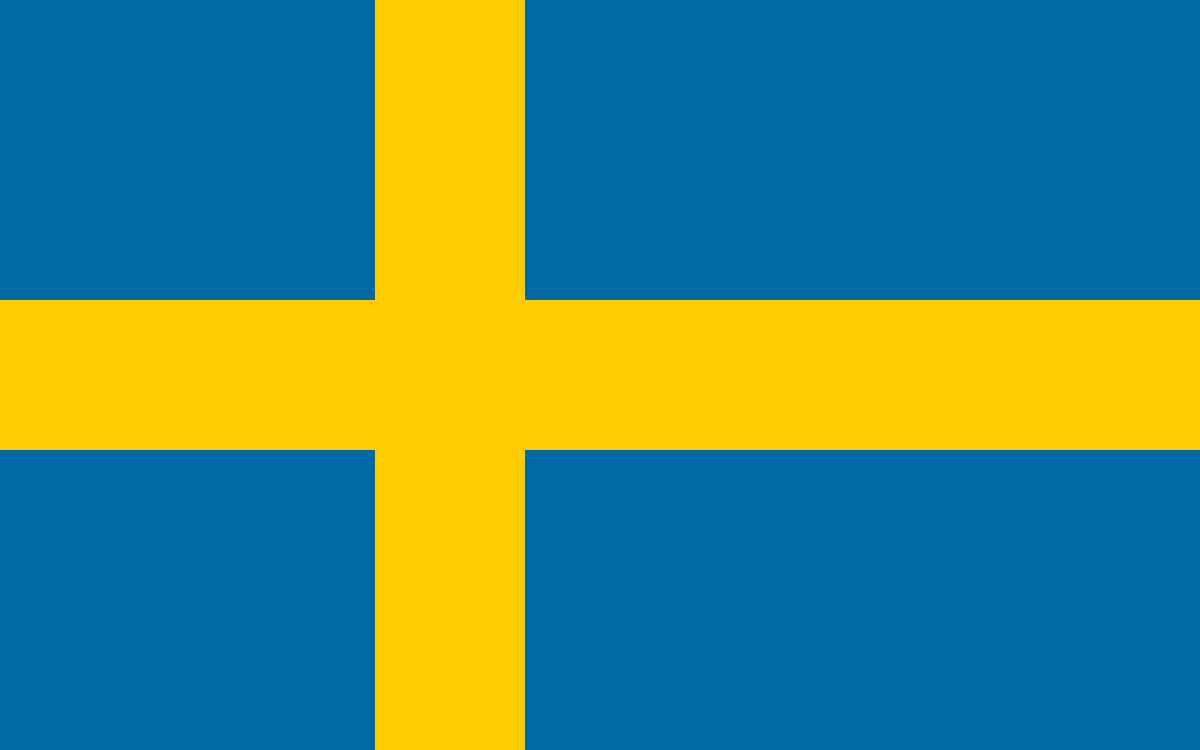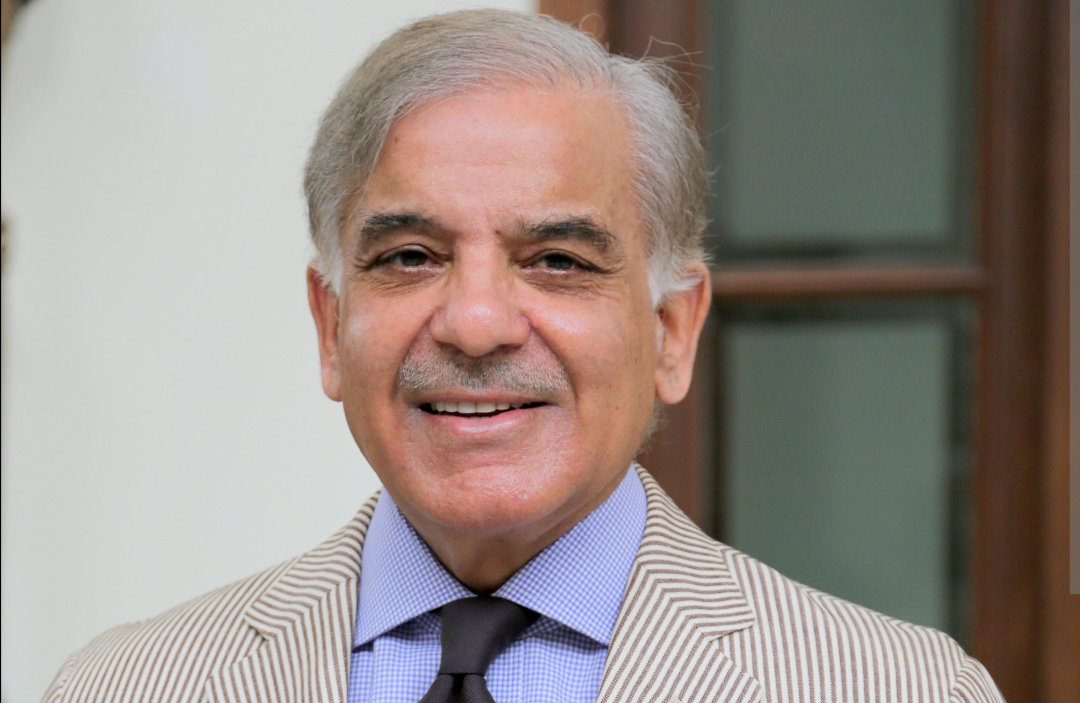Criticism of Sweden’s accession to NATO from a conservative standpoint might focus on several key areas, reflecting broader concerns about the impact of NATO’s expansion on global security dynamics, regional stability, and relations with Russia.
Escalation of Tensions with Russia
Critics argue that Sweden joining NATO exacerbates tensions with Russia, potentially leading to an arms race or even direct confrontations.
They claim that expanding NATO’s footprint closer to Russia’s borders is viewed as a provocation by Moscow, which could respond with increased military posturing, cyber attacks, or indirect actions in other geopolitical hotspots as a form of retaliation.
Compromise of Neutrality and Sovereignty
Some may criticize Sweden’s decision to abandon its long-standing policy of neutrality, suggesting that joining a military alliance like NATO compromises its sovereignty.
Critics might argue that Sweden will now be more directly involved in international conflicts, potentially against its national interests, and subject to the decisions made collectively by NATO, which may not always align with Sweden’s priorities.
Increased Military Spending
Critics could also highlight the financial implications of NATO membership, particularly the obligation to meet the alliance’s defense spending target of 2% of GDP.
They may argue that this diverts significant resources from other domestic priorities such as healthcare, education, and social services, with questionable direct benefits to Sweden’s security.
Polarization within Sweden and Among Neighbors
The decision to join NATO might be criticized for polarizing Swedish society and potentially straining Sweden’s relations with neighboring countries that may have different views on military alliances and relations with Russia.
This could lead to internal divisions and a more fragmented regional approach to security and diplomacy.
Undermining European Security Architecture:
Some critics argue that instead of strengthening European security, NATO expansion undermines efforts to develop a comprehensive European security framework that includes Russia.
They suggest that a more inclusive approach could potentially offer a better foundation for long-term peace and stability in Europe, avoiding the adversarial stance inherent in military alliances.
Criticism, therefore, centers on the perceived strategic, financial, and diplomatic costs of Sweden’s NATO membership, questioning whether the benefits of deterrence and collective defense outweigh the risks and challenges associated with further NATO expansion.



